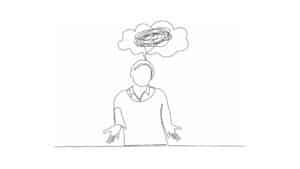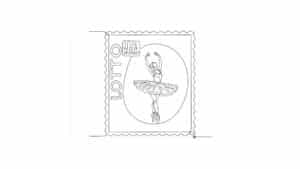Years ago I had lunch with the clinical director of a global pharma. Earlier that day, the world learned that his company had been writing academic research articles for publication in medical journals and ‘inviting’ leading researchers to sign their names to them in return for a hefty fee. Of course, the articles promoted molecules that the pharma’s researchers were developing into drugs.
It would be impossible at lunch not to bring up this shocking scandal.
My lunch-mate took the long view, saying that all pharma scandals involve ‘cheating’ because the cost to get something approved was eye watering, and delays can cost billions. What’s more, the revenues to be earned were even vaster. So cheating was more a feature than a bug of the industry.
A result of this and many other pharma scandals is that whenever doctors now speak to a medical or public group, they must disclose what funding they received, what for and from whom, on the subject they’re speaking about. Not just their fees for speaking, but any money for anything to do with their area of expertise. And not just fees, but board and advisory positions on any company involved with their work.
I was reminded of this rule when I read last week about Economist Impact, the events and sponsored content division of The Economist Group. They run 136 events a year, including the World Cancer Conference in Brussels at the end of this month.
But that conference won’t happen because three of Economist Impact’s biggest sponsors are Philip Morris International (PMI), Japan Tobacco International (JTI) and British American Tobacco (BAT).
Economist Impact neglected to tell the dozens of expert speakers and hundreds of delegates that the companies making the cancer conference possible make a product whose normal use gives you cancer. The Economist Magazine (which calls itself a newspaper) quickly said: “Not us” the way you would when your six-fingered cousin is brought up on morals charges.
Read on…












